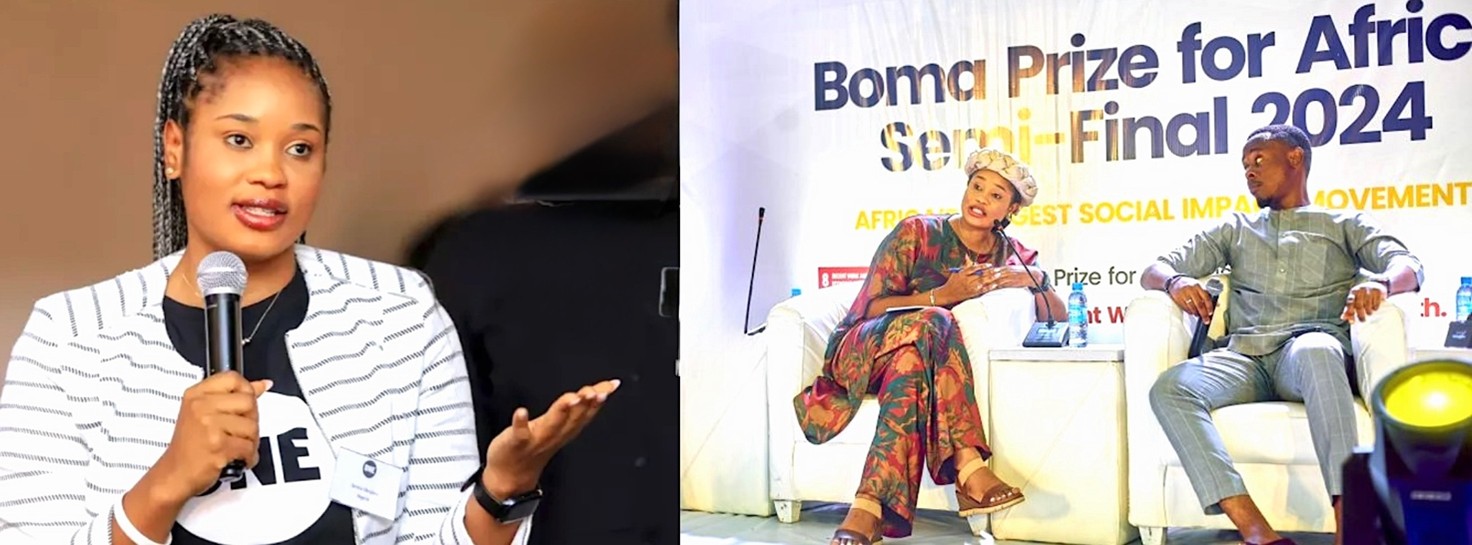Change is an inescapable part of our lives. Heraclitus, a Greek philosopher, once said “The only thing that is constant is change.” The statement is applicable in every aspect of our lives, thus embracing changes is essential for the progress and adaptation of civilization.
One of the changes we are currently facing is the rapid development of artificial intelligence (AI). It has garnered significant attention and sparked debate on its potential and how it will affect our society. A number of parties believe AI is a disruptive force that could threaten human existence and replace conventional jobs.
Similar concern about the existence of AI also arises in the field of communication. The issue of whether AI will completely take over all jobs that can be done by humans remains a question. As a communication practitioner, I believe that we should keep an open mind to every new possibility. We must recognize that each innovation brings both positive and negative consequences, and AI is undeniably one of them.
Two Sides of Coin
From an optimistic perspective, AI offers a handful of opportunities for communication professionals. I’m aware that AI has the capability to help our jobs, from analyzing huge datasets, identifying patterns, to predicting outcomes. AI is also incredibly significant in analyzing public sentiment regarding our company or organization.
In addition, AI is capable of improving our work’s efficiency, such as content creation, translation, and even grammar correction which usually takes a lot of time. By leveraging AI technology, communication practitioners could get valuable insights for issue management, crisis forecasting, and identify new business opportunities. Furthermore, AI could also assist in determining the most effective communication channel to interact with the target audience.
However, just like a coin which has two sides, AI also brings its own challenges for us. One of the main concerns of AI is the increasing potential for data privacy breaches. AI system’s capability to analyze data from bountiful sources could lead to potential issues related to the use of personal information. Moreover, even if AI could do its tasks independently, human interaction is still important in achieving effective communication processes.
In the domain of public affairs and stakeholder engagement, particularly in Indonesia, we cannot fully depend on AI. This is due to the presence of a complex cultural context. One of them is the culture of unggah-ungguh, or manners/etiquette, where it needs to have a personally tailored message. Social awareness and cultural nuances will always be vital in communicating and establishing positive relationships with stakeholders. These intricate communication aspects are unique to humans and cannot be replaced by AI’s algorithm.
Additionally, although AI could simplify certain aspects of our job, to harness AI technology optimally, appropriate skills are still required. Therefore, as communication professionals, we must continue to stay updated on new developments in the field of AI and enhance our knowledge and technical abilities to gain maximum benefits from these tools.
Responding to the Development of AI
So, how should communication practitioners approach the development of AI? While we should embrace AI openly and acknowledge its inevitable impact on our lives and work dynamics, we should primarily focus on efforts to maximize the benefits AI offers by investing in capacity development. Communication practitioners need to have various special skills to take advantage of AI effectively, such as data literacy and proficiency in operating the right tools.
On the other hand, communication practitioners should not be spoiled by the conveniences offered by AI. Conversely, we should pay attention to the strategic aspects of our jobs that are irreplaceable by AI. By focusing on the fields that need human expertise, such as strategic planning, building relationships, and storytelling, communication professionals can maintain relevancy and distinctive values of our world that are slowly influenced by AI.
Consideration regarding code of conduct and the development of specific guidelines are also necessary in order to utilize AI responsibly. This is because AI is using extensive data collection from many sources. Therefore, personal and organizational data protection must be reinforced, including data usage, transparency, and data usage agreement.
In the end, we need to navigate our journey with AI wisely. I personally am enthusiastic about the countless benefits offered by AI in the communication industry, while recognizing a great number of challenges that must be addressed. I believe that we, communication professionals could strike a balance between making use of AI and upgrading our skills to accomplish the best outcomes. So, let’s welcome AI as a transformative partner and position ourselves in a strategic role in this ever-changing industry.
Verlyana V. Hitipeuw
CEO & Principal Consultant, Kiroyan Partners
This article has been published in PR Indonesia magazine 99th edition issued on June 2023, page 56-57.
Download the clipping here



